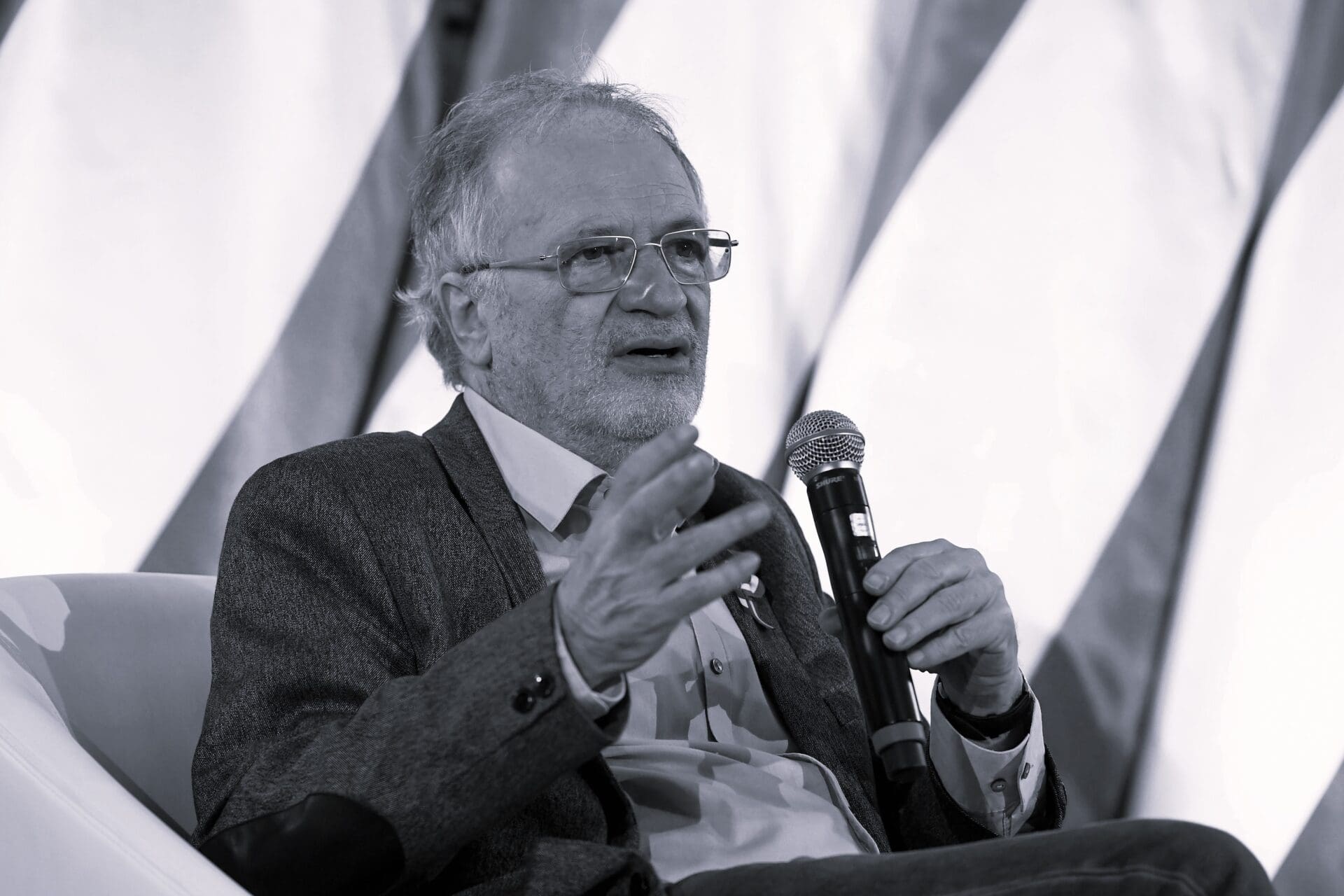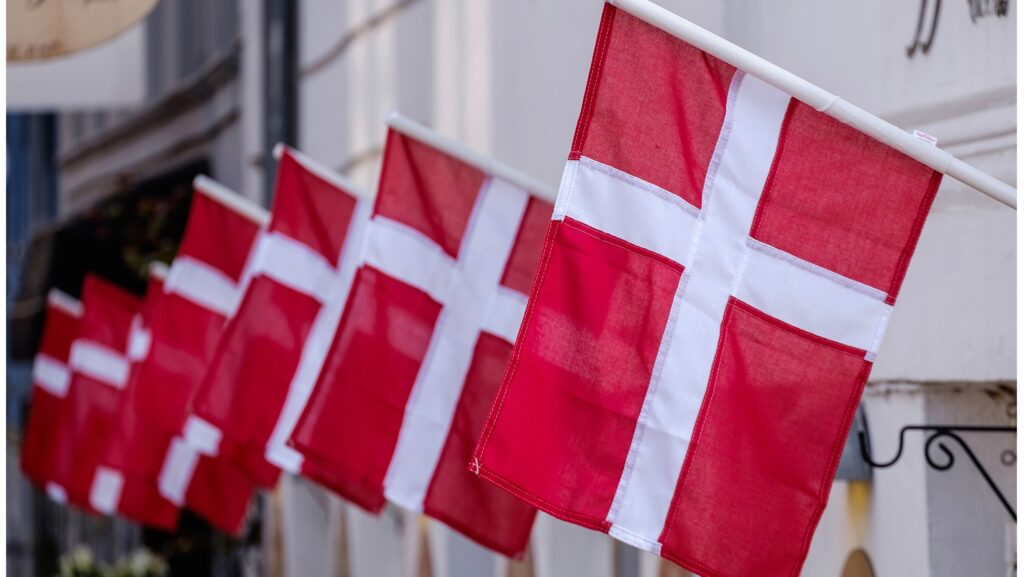On Tuesday morning András Gerő, the outstanding Hungarian historian passed away. He was 70 years old.
András Gerő was born in Budapest in 1952. After completing his history and sociology studies at the Eötvös Loránd University (ELTE), in 1977 he joined the Faculty of Arts at ELTE University as a lecturer. Between 1981 and 1995 he worked as an associate professor at the Department of Cultural History. He was a visiting fellow and visiting lecturer at a number of Western European and North American universities. Between 1988 and 1989 he was at the University of Minnesota, while in 1990 he was a guest professor at Utrecht, and a year later in Amsterdam. For two years, between 1995 and 1997 he was teaching at the University of Pennsylvania, and in 2001 he served as a visiting professor at Columbia University. From its establishment in 1991 until 2020 András Gerő also worked at the Central European University. András Gerő was the recipient of the Széchenyi Prize that is awarded to those who have made exceptional contributions to Hungarian academic life.
András Gerő has written over 70 books during his rich and fertile academic career. Many of his works were published both in the Anglophone and the German-speaking world. The wide publicity of his works speaks to his thought-provoking academic approach and scientific attainments. As his main research interest was the Austro-Hungarian Empire and the history of Budapest, and he had also extensively written on Emperor Franz Joseph, it was András Gerő who first initiated the establishment of the Institute of Habsburg History. He was the director of the Institute throughout its existence, and after the Institute was integrated into the Public Foundation for Research in Central and Eastern European History and Society in 2011, he continued to research the history of Dualism there. Honouring his research about the history of the Austro-Hungarian Empire as well as his work at the Habsburg Institute, in 2017 he was awarded the International Knightly Order Valiant of St George (also known as the Order of St George). The Order of St George was established as a secular chivalric order by King Charles I of Hungary in 1326. The Order continues to exist today as an honour to those who publish and research medieval history, and who teach and organize conferences on related topics.
András Gerő was interested in history from his early childhood. His attention turned towards the Dualism during his university years, in part because censorship of this topic was not particularly strong during the state socialist years. As he was of a Jewish background, first he became interested in the life and culture of Jews in Hungary during the Austro-Hungarian years. He was fascinated by the blooming Jewish culture and the advancements in the lives of Jews in Hungary during the Austro-Hungarian years—but also puzzled by how the emancipation of Jews in 1867 was gradually overshadowed by the rise of antisemitism in Hungary. While initially his interest was sparked by the history of Jews during Dualism, later his interest widened to include the cultural history, gentrification and the development of Budapest during the Dualist era. As he immersed himself in the study of Austro-Hungary, he developed good personal relations with Otto von Habsburg (1912–2011), the last crown prince of Austria-Hungary until the dissolution of the Empire in 1918. His academic work was rightly honoured during his lifetime as an outstanding contribution to Hungarian historical research.
Although András Gerő is no longer with us, his legacy will live on, and will continue to contribute to our understanding of our past.








